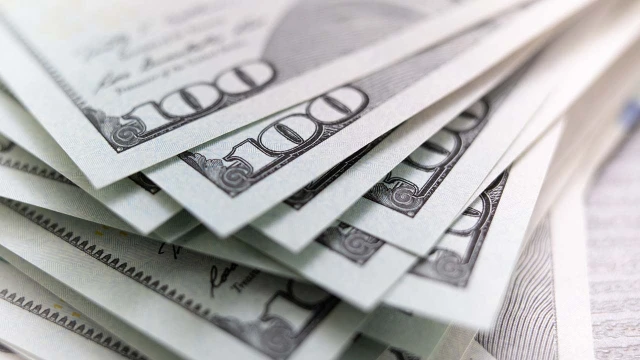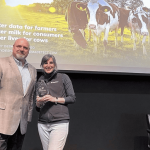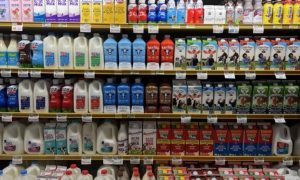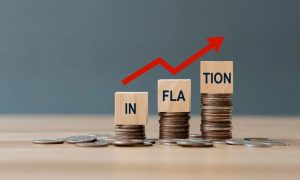
Some of the largest general consumer S&P 500 companies are raising prices to boost their own profits even as the Fed raised interest rates to control inflation, according to a new watchdog report.
“Higher interest rates haven’t stopped S&P companies, especially in the big food industry, from inflating consumer prices despite reporting billions in extra net earnings and over a trillion dollars in giveaways to wealthy investors,” said Liz Zelnick, the director of economic security and corporate power at the nonprofit Accountable.US, in a release.
Accountable.US found in a report released last week that companies like General Mills Inc., Tyson Foods Inc., and PepsiCo Inc., have admitted to benefitting from raised pricing.
The findings add to the idea that corporate greed can be a driver of inflation, referred to by some as “greedflation.”
On recent earnings calls, PepsiCo chairman and CEO Ramon Laguarta said the company “might have to take additional pricing” — and a General Mills Executive said the company had gotten “smart about how we look at pricing,” according to the report.
PepsiCo’s net income went up by 16.9 percent to nearly $9 billion, and it spent more than $7.6 billion in stock buybacks and dividends in 2022, per the report, and General Mills saw its net income increase 16.5 percent to $2.7 billion.
Ulta Beauty executives “touted benefiting from an ‘elevated level of price increases’” and Kimberly-Clark executives said that “pricing has continued to be a big driver behind our top line growth,” the report says.
Ulta’s FY 2022 net income went up 26 percent to $1.2 billion, and Kimberly-Clark’s net income increased 6.3 percent year-over-year to nearly $2 billion, according to the report.
The Federal Reserve has been upping interest rates in an effort to tamp down inflation, but Zelnick said it’s “clear the corporate profiteering epidemic will persist” despite the Fed’s efforts. The Fed decided last week to keep interest rates where they are for the first time since January 2022.
“Corporate greed is a stubborn thing and requires serious action from Congress. The Fed has not seen an adequate return on its investment in a policy that has already created fissures in the economy that could lead to recession. It’s just not worth it,” Zelnick said.

























